Focus
Your Present Location: HOME> Focus-

Ding Gang: Biden’s fictional enemy game with China is silly
During his first news conference as president on March 25, Biden called China-US relations "a battle between the utility of democracies in the 21st century and autocracies." He then told reporters, "We've got to prove democracy works."
2021-04-01 -
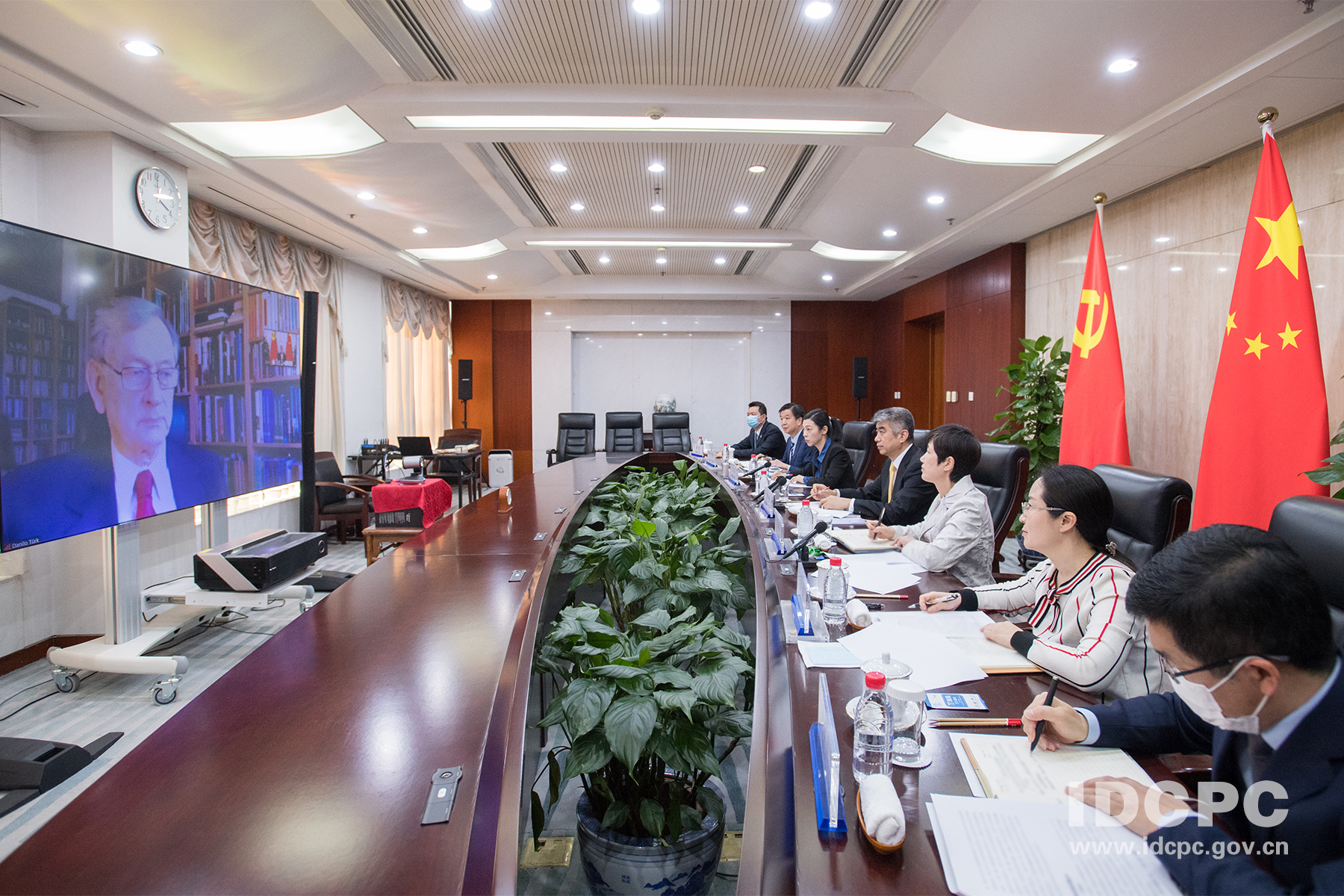
Video Meeting between Chen Zhou and Danilo Turk
Chen Zhou had a video call with Danilo Turk, former President of Slovenia and member of the International Advisory Committee of the "Belt and Road"(BRI) Think Tank Cooperation Alliance.
2021-04-01 -
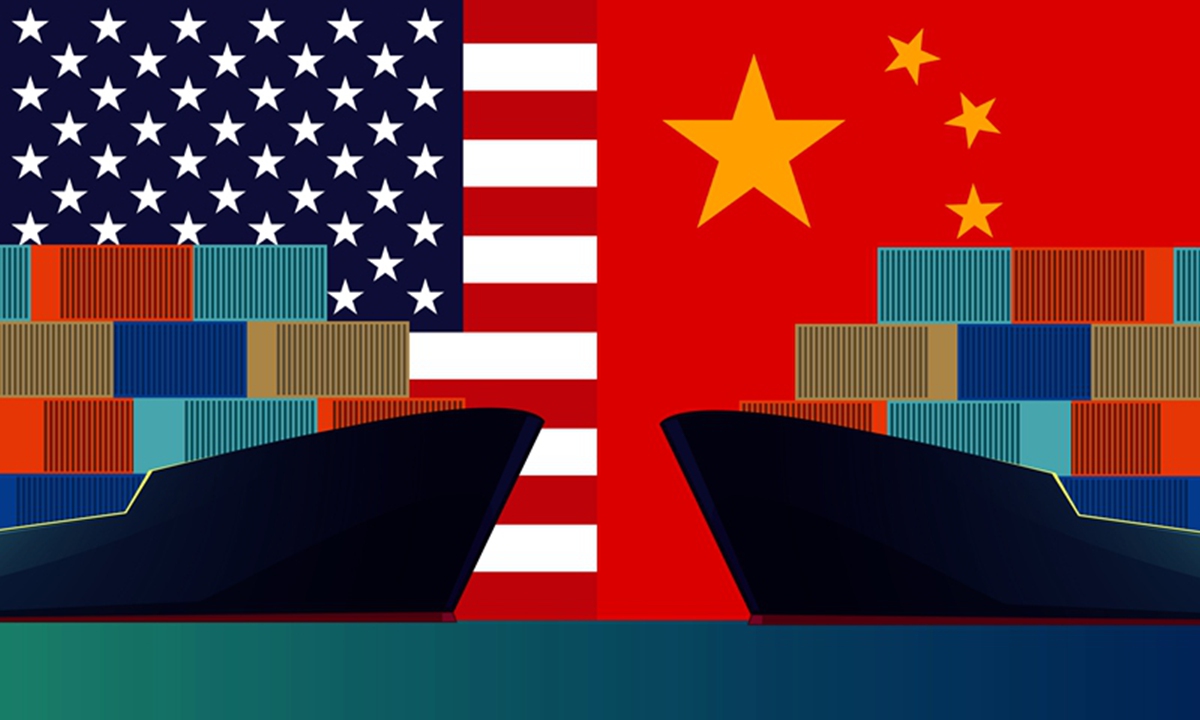
Businesses push for free trade with China as US rep sticks to tough talk, tariffs
In her first interview since Senate confirmation, US Trade Representative Katherine Tai revealed the Biden administration's reluctance to drop tariffs yet its receptiveness to negotiations with China, sending a mixed message about the prospect of bilateral talks after barbs were traded at the high-level strategic dialogue in Alaska.
2021-03-31 -

Wang Yiwei: Getting CPC Right, Then Relations
I once asked Dr. Henry Kissinger whether he had seen any Marxist classics in late Chairman Mao’s personal library, since Mao had received him there multiple times. His answer was probably not. There were all kinds of thread-stitched books, all Chinese classics.
2021-03-30 -
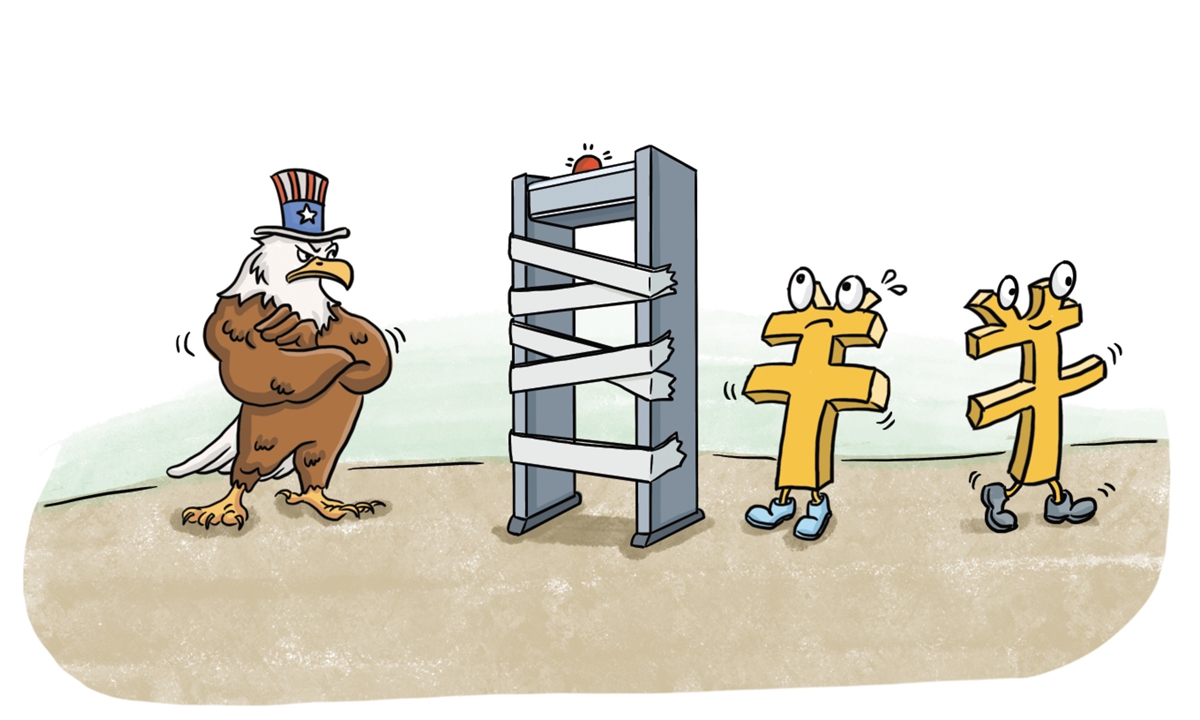
Dong Shaopeng: New rules may force Chinese stocks to ditch the politicized US financial market
The top US securities regulator recently adopted a politicized measure which widely believed to be a move targeting Chinese firms listing on the US stock market. As the nation signals no intention to redress its hegemonic approaches to confront China in near term, it might be time for some Chinese firms to ditch the politicized American financial market, returning back home or seeking new financial cooperation outside of the imperious US.
2021-03-29 -
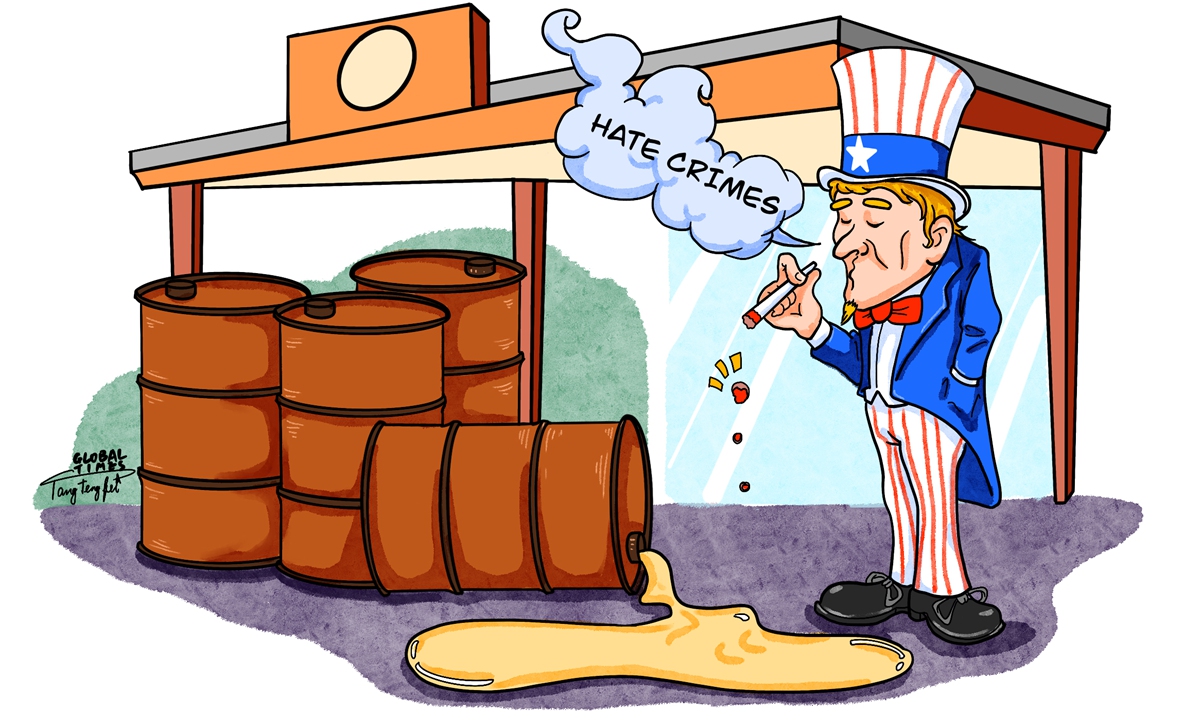
Zhao Minghao: Far-right wing politics spawns hate crimes, threatens China ties
Hate crimes against Asian Americans on the US soil are becoming more commonplace. These racially discriminatory crimes are the consequence of prevailing far-right wing politics in the US. The far-right was born out of conservatism. It views liberalism and the left-wing political thought and forces as opponents. It also objects to moderate figures of mainstream conservatism.
2021-03-29 -
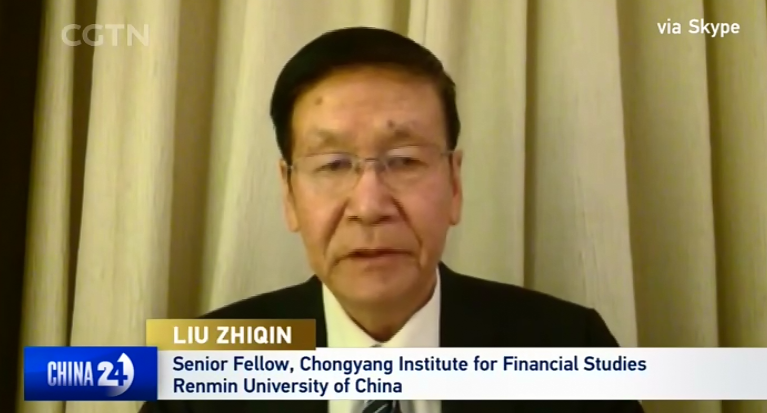
Liu Zhiqin: Views and Suggestions on Consumer Lending
2021-03-26 -
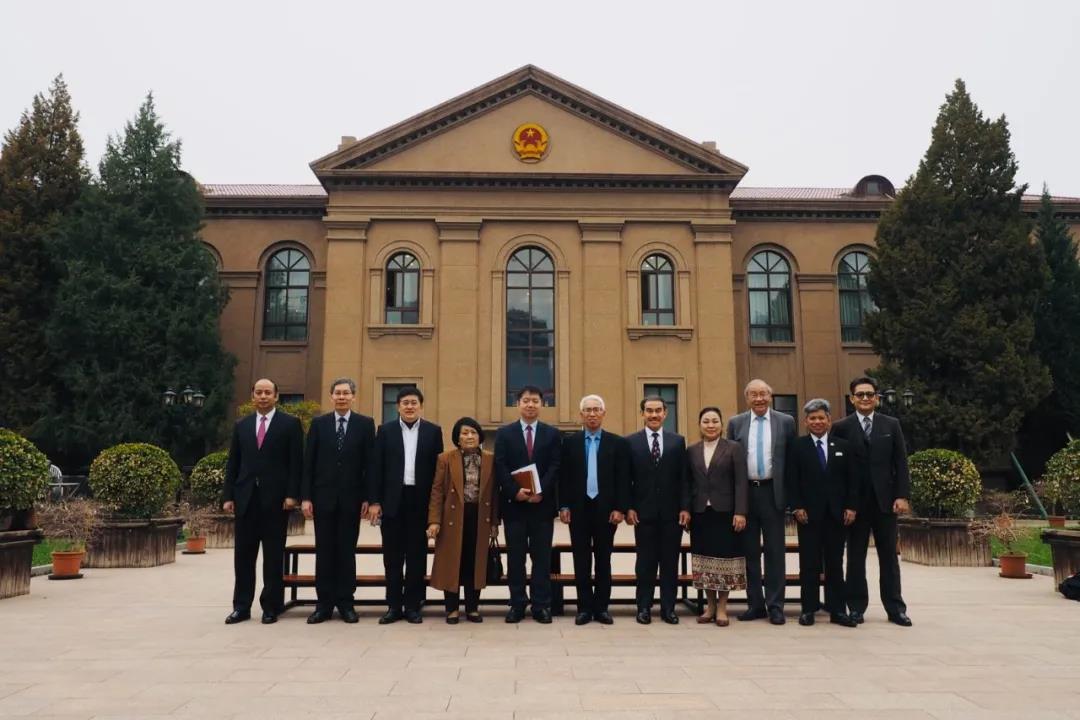
RDCY was invited to hold a hot-issue discussion with ten ASEAN ambassadors to China
On March 20th, at the invitation of the Vietnamese Embassy to China, Wang Wen, Executive Dean of Chongyang Institute for Financial Studies, Renmin University of China(RDCY), Deputy Dean and Professor of Silk Road School, also a Researcher of the Financial Research Center of the Counsellor Office of the State Council, joined forces with Vietnam, Singapore, Indonesia, The Philippines, Malaysia, Myanmar, Brunei, Thailand, Laos, Cambodia and other ten ASEAN ambassadors to China and senior diplomats to interpret China’s 14th Five-Year Plan and hot issues at home and abroad, and had about three hours of in-depth exchanges. The event was hosted by the Vietnamese ambassador to China, H.E. Mr. Pham Sao Mai.
2021-03-22 -
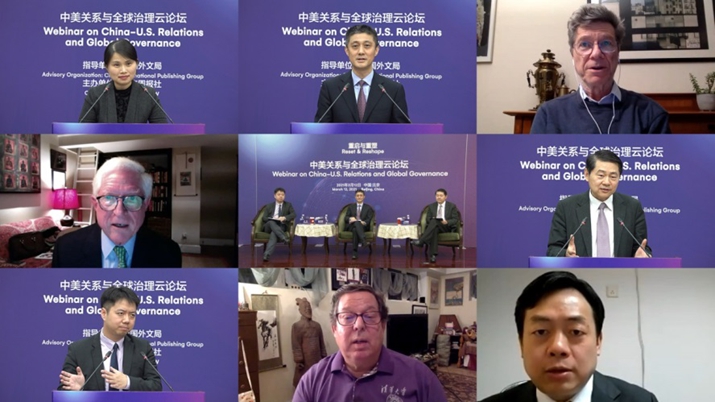
Scholars call for more cooperation and healthy competition between China and the US
Scholars from China and the U.S. expounded their views on bilateral relations from different perspectives at a webinar on March 12. They agreed that the two sides should be committed to benign and healthy competition, and there is potential for the two countries to work jointly in many areas and improve global governance.
2021-03-22 -
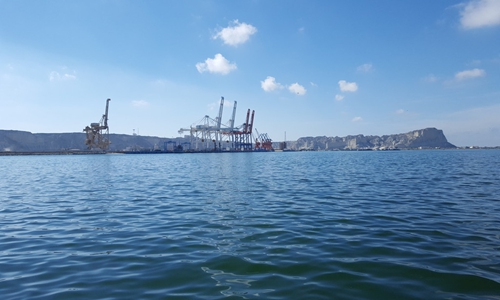
Uzbekistan eyes Pakistan’s Gwadar Port as gateway for seaborne cotton exports
Uzbekistan, one of the world's leading cotton exporters, sent a high-level delegation earlier this week to the Chinese-invested Gwadar Port in Pakistan to look for logistics opportunities that might help it export its cotton, the Global Times has learned.
2021-03-19 -
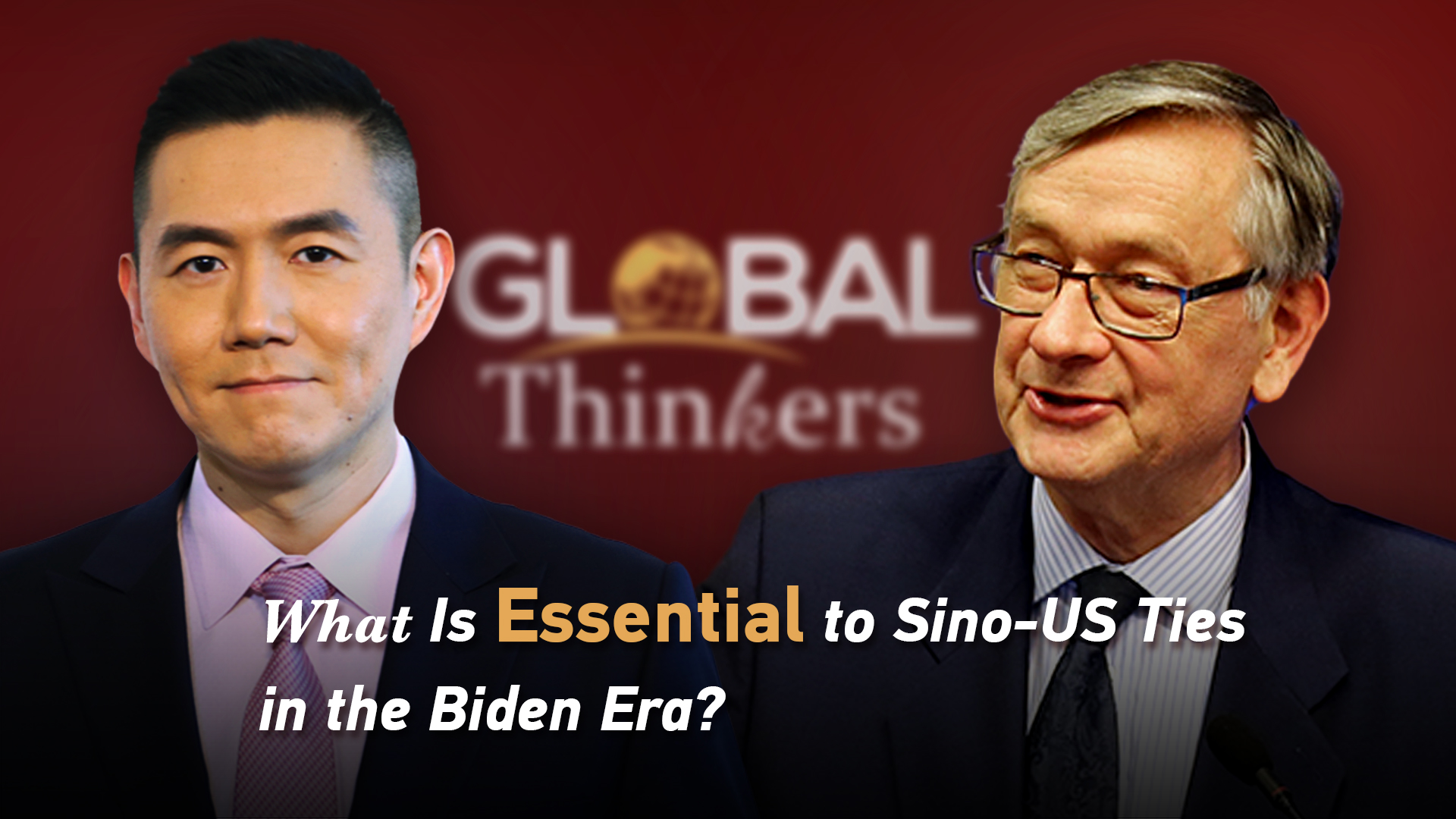
Danilo Turk: What is essential to Sino-U.S. ties in the Biden era?
Danilo Turk, former president of Slovenia, believes that Sino-U.S. ties need "calm" to prosper, and U.S.-led alliances shouldn't threaten world security.
2021-03-18 -
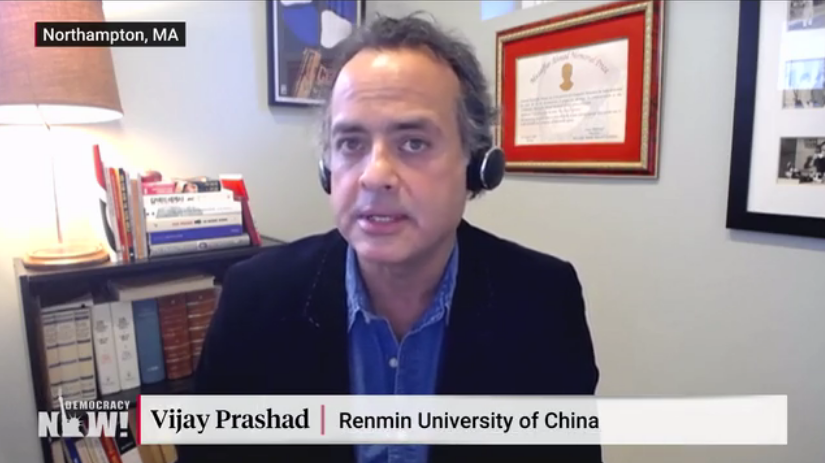
Vijay Prashad Warns Biden Is “Doubling Down” on Trump’s Anti-China Cold War Policy
Beijing has accused the U.S. of perpetuating a Cold War mentality as President Joe Biden and senior administration officials shore up alliances in the Pacific region to counter China’s growing influence and increasingly describe the country as a geopolitical threat.
2021-03-18 -
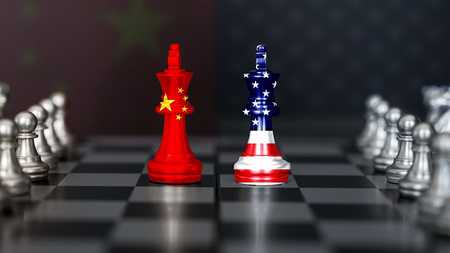
William Jones: In the world of diplomacy, nobody likes a bully
2021-03-18 -
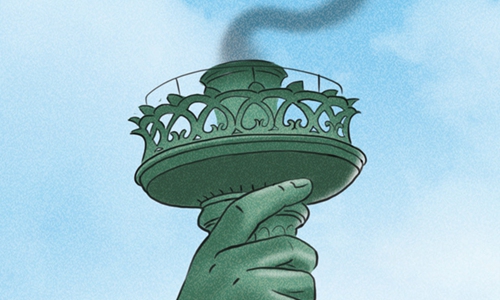
Ding Gang: Corporate monopolies dash American dreams
When Elaine Chao was nominated as Secretary of Labor by then US president George W. Bush around noon on January 11, 2001, she only had two hours to prepare for a speech. She changed clothes and called her husband and her father. At the same time, she thought of what to speak. Then she appeared on TV and mentioned her experience when she first landed on the US.
2021-03-18 -
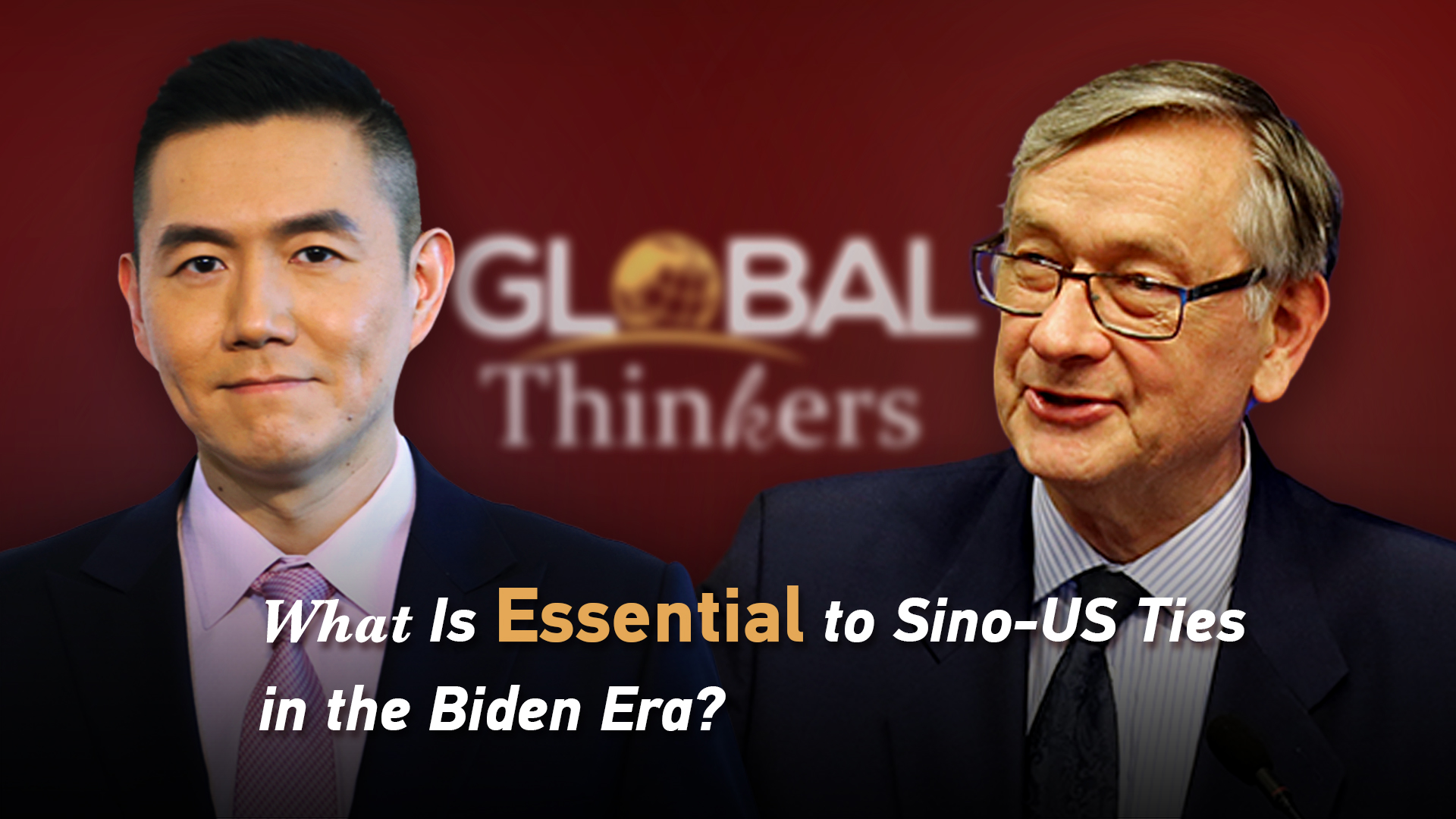
Danilo Turk: What is essential to Sino-U.S. ties in the Biden era?
Danilo Turk, former president of Slovenia, believes that Sino-U.S. ties need "calm" to prosper, and U.S.-led alliances shouldn't threaten world security.
2021-03-18 -
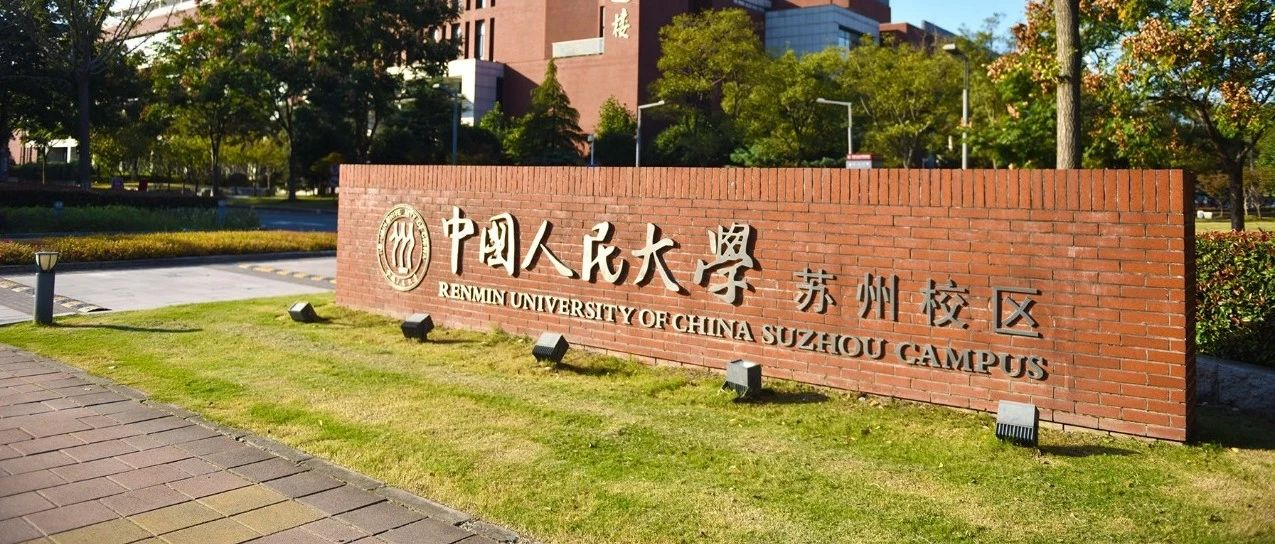
Reminder: Renmin University Silk Road School 2021 Application is closing soon!
Explore China and become a successful global elitist with full scholarship!
2021-03-18 -

Wang Wen: China offers certainty during uncertain times
Picture this. Someone tells you that if you invest 1 yuan ($0.15), you will harvest 100 trillion yuan after 100 years. This means that the yearly return is 38 percent, which is twice that of US investor and business tycoon Warren Buffet over the past 50 years. Given this scenario, would you invest? No one would have faith in this long-lasting and stable rate of return. But the Communist Party of China has done it.
2021-03-16 -
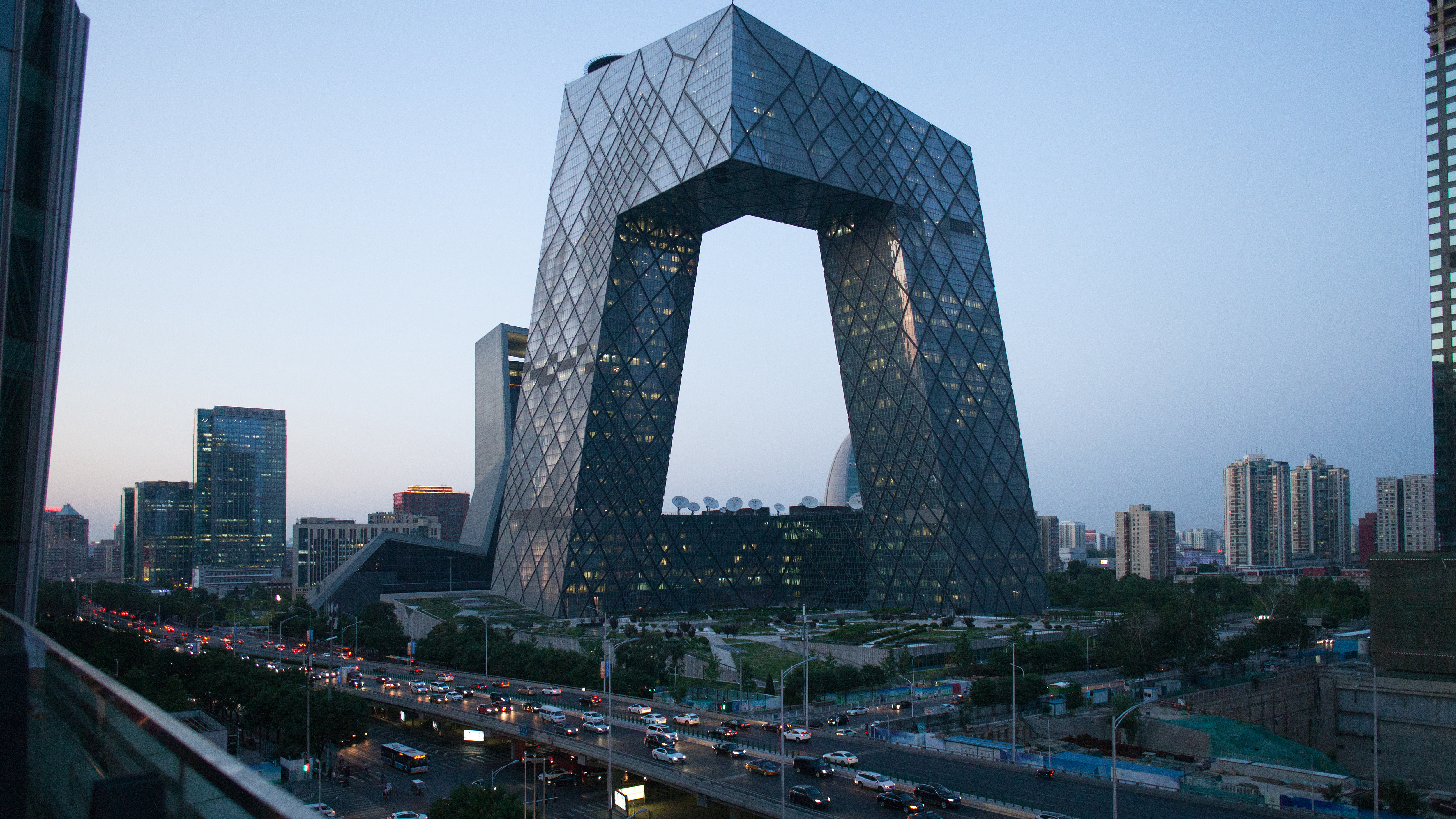
John Ross: Why UK's ban on CGTN is a danger to the people of China and the West
Both Britain's ban on CGTN, and these well-understood threats of victimization, show clearly that the claim that what exists in the West is a "free media" is entirely untrue. The struggle against the British ban on CGTN is important not only as an issue in itself but as part of more general situation in the West.
2021-03-11 -
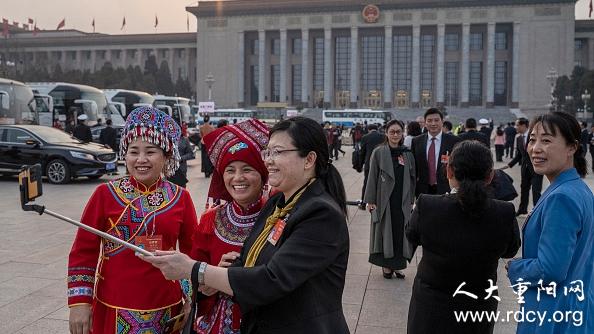
William Jones: Why the world should pay attention to China's 'Two Sessions'
The meeting of the China's legislative bodies, the National People's Congress and the consultative body, the Chinese People's Political Consultative Conference (CPPCC), should have garnered a lot more serious attention from the rest of the world this year.
2021-03-11 -
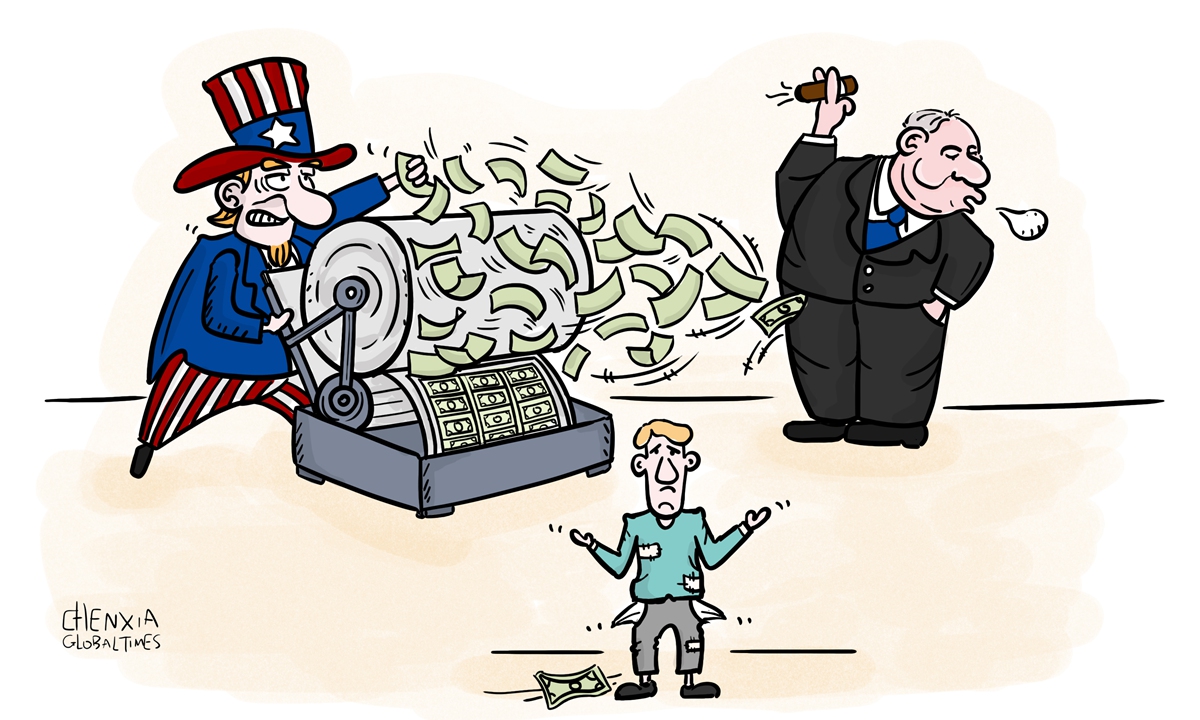
Ding Gang: Where has Americans’ income gone?
Where has Americans' income gone? To answer this question, we need to look at the earnings of the biggest companies in the stock market. Apple, for example, was number one, with a net income of $57.4 billion in 2020, up from $14 billion in 2010. Of course, the growth of income of the senior executives at big companies and the big investors is even more startling. In January, The New York Times reported that "America's richest 10 percent, who own more than 80 percent of US stocks, have seen their wealth more than triple in 30 years, while the bottom 50 percent, relying on their day jobs in real markets to survive, had zero gains."
2021-03-11
























































































 京公网安备 11010802037854号
京公网安备 11010802037854号





